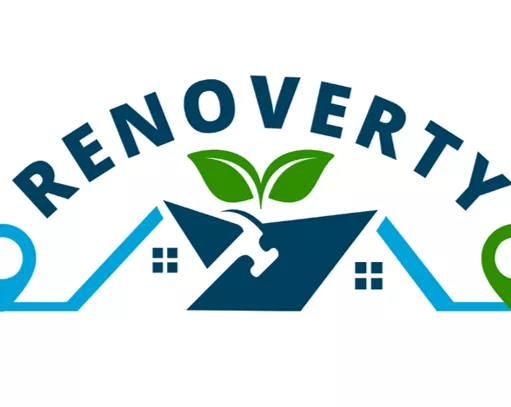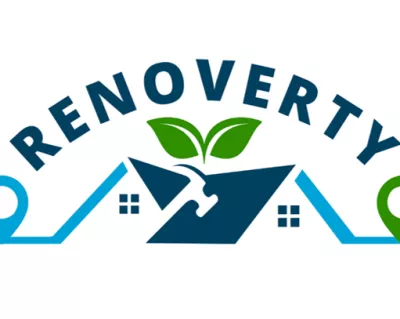Summary
The ‘RENOVERTY’ project aims to tackle energy poverty and promote the energy refurbishment of buildings in rural areas of several European regions by defining a methodological and practical framework for the creation of refurbishment roadmaps for vulnerable rural districts.
The project will design at least 17 single or multi-household roadmaps for rural areas, supporting over 100 households, with a scalable model to ensure the wide geographic replicability and take-up of these roadmaps. Specifically, the project activities aim to deliver tools and resources to support local actors to build and implement financially viable roadmaps with the participation of more than 600 actors.
Results
'RENOVERTY' will support over 100 households in getting adequate home renovations to enhance their quality of life and lower their energy bills.
Furthermore, the replication activities will indirectly impact around 1 200 vulnerable households at the national level and in other regions that can implement relevant policies in the rural areas after the project’s end.
The project consortium has already organised several events and workshops in the different participating countries to involve the main stakeholders and citizens. This has effectively engaged different organisations in participating in activities such as the co-creation of the roadmaps and training sessions on creating the roadmaps and benefits of energy upgrading, which the partners will deliver.
Resources
Documents
Context
There were about 35 million EU citizens (around 8% of the EU population) unable to keep their homes adequately warm in 2020. With the consequential rise in energy prices and Russia’s invasion of Ukraine, many more EU citizens have likely been impacted since.
Research on disparities between urban and rural areas has revealed significant regional differences in Europe, with rural areas in central and eastern Europe traditionally much poorer and more excluded than urban agglomerations.
Rural areas in southern Europe face similar problems, with the addition that economic differences in the urban-rural divide have been slow to diminish.
To tackle energy poverty and protect vulnerable consumers, RENOVERTY fosters energy efficiency building upgrades in energy-poor households in the central and eastern European (CEE) / south-eastern European (SEE) and southern European (SE) countries.
It is noted that rural residents are at higher risk of facing poverty and social exclusion and that less renovation and just transition initiatives take place in rural areas. Indeed, rural residents face multiple challenges when it comes to energy poverty, from the lack of access to adequate technical and social infrastructure to socio-economic inequalities with high rates of income poverty, and the need for more public participation and representation to become effectively and democratically involved in low-carbon transition processes.
Objectives
To support vulnerable consumers, in line with the EU renovation wave initiative which aims to focus on improving the renovation rate of buildings to allow households to reduce their final energy consumption and enhance their quality of life.
RENOVERTY will build on this to support energy renovations in the worst-performing buildings in rural areas through the development and replication of renovation roadmaps. The project has seven pilot countries and aims to ensure replicability of the model in the regions involved and scaling it up to the EU level.
Activities, key actors, and timeline
The project’s main activities include:
-
Providing individual household Renovation Energy Efficiency Roadmaps according to the distinctive characteristics of the household and the region. The project aims to build 17 individual roadmaps which will be designed with the direct collaboration of at least 20 local actors;
-
Delivering a scalable operating model, to support the replicability of the renovation roadmaps, both in the CEE, SEE and SE regions and scaled up to the EU level;
-
Identifying and overcoming regional-local collaboration barriers inherent to home renovation services in the seven pilot regions through participatory activities with local actors; and
-
Co-designing methodologies with the involvement of more than 600 stakeholders and new engagement strategies that focus on residents of rural areas.
Success factors/Lessons learnt
To have a long-lasting effect, RENOVERTY will ensure the replicability of the model to guide other public actors to renovate vulnerable rural districts. Due to the participatory approach implemented throughout the project’s lifetime, the outcomes will also be applicable outside of the project's geographical and time boundaries. To make this happen, courses will be created aimed at teaching the process of co-creating energy upgrading roadmaps.
Strategically, the project will help to minimise logistical, financial, administrative and legal burdens caused by a complex and multi-stakeholder home renovation process, and ensure that building retrofits consider the social dimension by incorporating security, comfort and improved accessibility for citizens to further improve the vulnerable population’s quality of life. In the long run, the project will contribute to a wider integration of rural and peri-urban development.
Contacts
Vlasios Oikonomou, voikonomou@gmail.com

